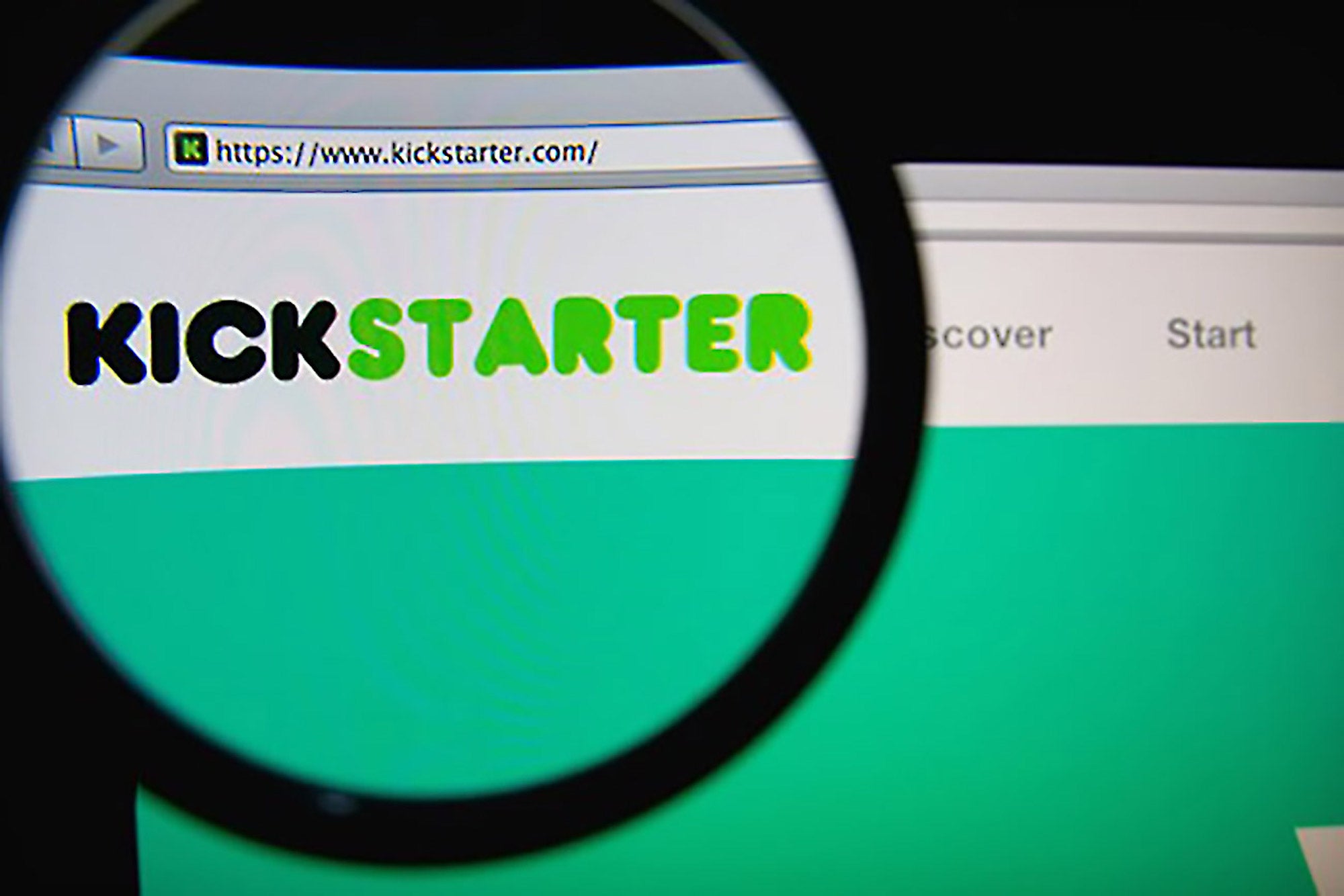Who Needs Venture Capitalists When You Can Crowdfund? There are now thousands of specialized crowdfunding sites and, cumulatively, they are likely to provide more funding this year than VCs will.
By Brenton Hayden Edited by Jason Fell
Our biggest sale — Get unlimited access to Entrepreneur.com at an unbeatable price. Use code SAVE50 at checkout.*
Claim Offer*Offer only available to new subscribers
Opinions expressed by Entrepreneur contributors are their own.

It's safe to say that this is the era of crowdfunding.
Need a way to finance your big idea? There's a crowdfunding site for that. Want to get involved with a joint venture real estate investment? You can help to crowdfund one.
Crowdfunding allows people to pledge capital to almost anything from business ventures and new advances in tech to real estate and even charity. In fact, according to Massolution's Crowdfunding Industry Report, crowdfunding is on track to surpass venture capital funding by the end of the year.
One of the most well-known and longstanding uses of crowdfunding is to raise money for new business ventures, innovations or other big ideas, but crowdfunding is shaping many aspects of the service, product, project, investment and cause or experience industries as well. It's changing the role of financial institutions worldwide and having a significant impact on market trends.
It's even influencing legislation. For example, while crowdsourced real estate investing used to be limited to a select group of high earners known as "accredited investors," thanks to the JOBS (Jumpstart Our Business Startups) Act in 2012, nonaccredited investors are now also able take part in deals that are less than $5 million. As a result, equity crowdfunding, or funding real estate ventures in return for equity, has exploded in popularity.
Let's take a look at some of the ways crowdfunding is influencing everything from charity to innovation to real estate. and changing how we get funding today.
Crowdfunding for business ventures.
When you think of crowdfunding, platforms like Kickstarter and Indiegogo probably come to mind, but the number of crowdfunding websites is expected to reach 2,000 this year!
Crowdfunding campaigns raised $34 billion in 2015, with P2P lending accounting for $25 billion of the total. Some of the most successful ideas include the Pebble Time smart watch, the Coolest Cooler (a tote that also serves as a blender, radio and cooler in one) and the Ouya, an Android-based game console that's an alternative to PlayStation 3 and XBox 360. Other notable, albeit somewhat ridiculous, ideas that were successfully funded include the Bug-a-Salt bug blaster gun, meat-scented soap and the French Toast Pancake Waffle Maker, which surpassed its $15.00 goal to raise a whopping $23.00.
In all seriousness, though, if you have a great idea, and are in need of backing, it may be worth trying to solicit funds from the masses. Not only is crowdsourcing a great way to raise capital, but it has the added benefit of piquing the interest of investors. Many investors love crowdfunding because it's a great way to measure interest.
Related: Indiegogo Launches a New Product to Court Big Businesses
Crowdfunded charity.
Most of us enjoy giving to causes that we care about. Thanks to the rise in crowdfunded charity platforms GoFundMe, CrowdRise, Razoo and Red Basket -- just to name a few -- it's easier than ever to find charities and causes to donate to. Notable charity fundraising campaigns include good causes such as including a campaign to raise money for Boston Marathon bombing survivors, funds for the family of an officer killed in the line of duty and, most recently, Brad Paisley's campaign for the victims of West Virginia flooding.
Just make sure you do your research before you donate to a charity crowdfunding campaign. Although relatively uncommon, there have been some scams and some joke accounts, like this one to get Kanye West out of debt. If in doubt, head to the charity's Facebook page and do some sleuthing. Crowdfunding sites usually require people to register with a verified Facebook account. Users should have their real identities displayed on the site, allowing you to check out their Facebook page to get a sense of whether it's legitimate, or not.
Related: Which Entrepreneurs Will Benefit Most From the New Era of Crowdfunding?
Crowdfunded real estate.
According to Bloomberg, investors used U.S. real estate crowdfunding platforms to pour $484 million into real estate projects in 2015 –more than three times the amount in 2014. Additionally, the U.S. reportedly has over 125 real estate crowdfunding sites. Prodigy Network, Realty Mogul and Fundrise are three of the main players in the field.
These platforms vary slightly on their offerings, with some allowing investors buy equity stakes in projects or fund loans for larger commercial projects. There's something for everyone from professional investors to those who may be testing the waters and looking to get started with a relatively low investment. Fundrise, for example, allows you to get started with a $1,000 minimum investment, while GroundFloor is allowing anyone to start with just $10.
Related: Less Than a Third of Crowdfunding Campaigns Reach Their Goals
With many of these projects offering annualized returns of around 5 percent up to 20 percent, there's even more incentive for investors to start adding crowdfunded real estate to their investment portfolios. Additionally, according to Massolution, out of the more than 500 deals crowdfunded in 2014, only an estimated 2 percent ended up becoming problematic, giving some assurance to those who are uncertain about getting started with this type of investment.
When it comes to investing, funding or raising capital, crowdfunding is changing how we get and give money. Whether directly, or indirectly, there's a good chance that crowdfunding will influence some of your key business decisions in the near future –are you ready for it?










